Expensive Air Filters: Are They Worth the Money?
If you’ve ever walked into a shop and seen a $150 air filter, you probably wondered if it’s a gimmick. The truth is simple: a pricey filter usually promises better flow, longer life, or extra protection. But you don’t need to drop a fortune on every part. Let’s break down what makes an air filter expensive and when it actually helps your car.
What Makes an Air Filter Expensive?
First, look at the material. Standard paper filters are cheap and get the job done, but high‑end filters use cotton, foam, or multiple layers of synthetic mesh. These materials let more air reach the engine while still catching dust, which can improve horsepower and fuel economy.
Second, the design matters. Some premium filters are reusable – you clean them with a special spray and reuse them for years. The upfront cost is higher, but you save on replacement fees. Others have a tighter seal that prevents unfiltered air from sneaking around the edges.
Third, brand reputation plays a role. Companies that spend a lot on testing and marketing often charge more. You’re paying for research, warranty, and sometimes a name that mechanics trust.
Finally, special features add price. A MERV 13 rating, for example, means the filter catches finer particles that a regular filter might miss. While that rating is more common in home HVAC, some performance car filters use similar standards to keep the engine cleaner.
When to Choose a High‑End Air Filter
If you drive a sportier car or take the vehicle off‑road, a high‑flow filter can make a noticeable difference. More air means the engine can breathe easier, which can add a few extra horsepowers and a smoother throttle response. For daily commuters, the gain is usually minimal, so a standard filter works fine.
Another good time to splurge is if you live in a dusty area. A filter that traps smaller particles will stay cleaner longer, meaning you replace it less often. The longer life can offset the higher price over time.
Consider the maintenance routine, too. Reusable filters need a cleaning kit and a bit of effort. If you’re comfortable washing and re‑oiling a filter, the cost per use drops dramatically. If you prefer a set‑and‑forget approach, a high‑quality disposable filter might be the better choice.
Lastly, think about warranty and resale value. Some manufacturers back their premium filters with a money‑back guarantee if you don’t see performance gains. A solid warranty can give you peace of mind and protect your investment.
Bottom line: not every expensive air filter is necessary, but the right one can boost performance, last longer, and keep your engine cleaner. Ask your local shop – like Northwich Tyres Centre – to compare options and find a filter that matches your driving style and budget.
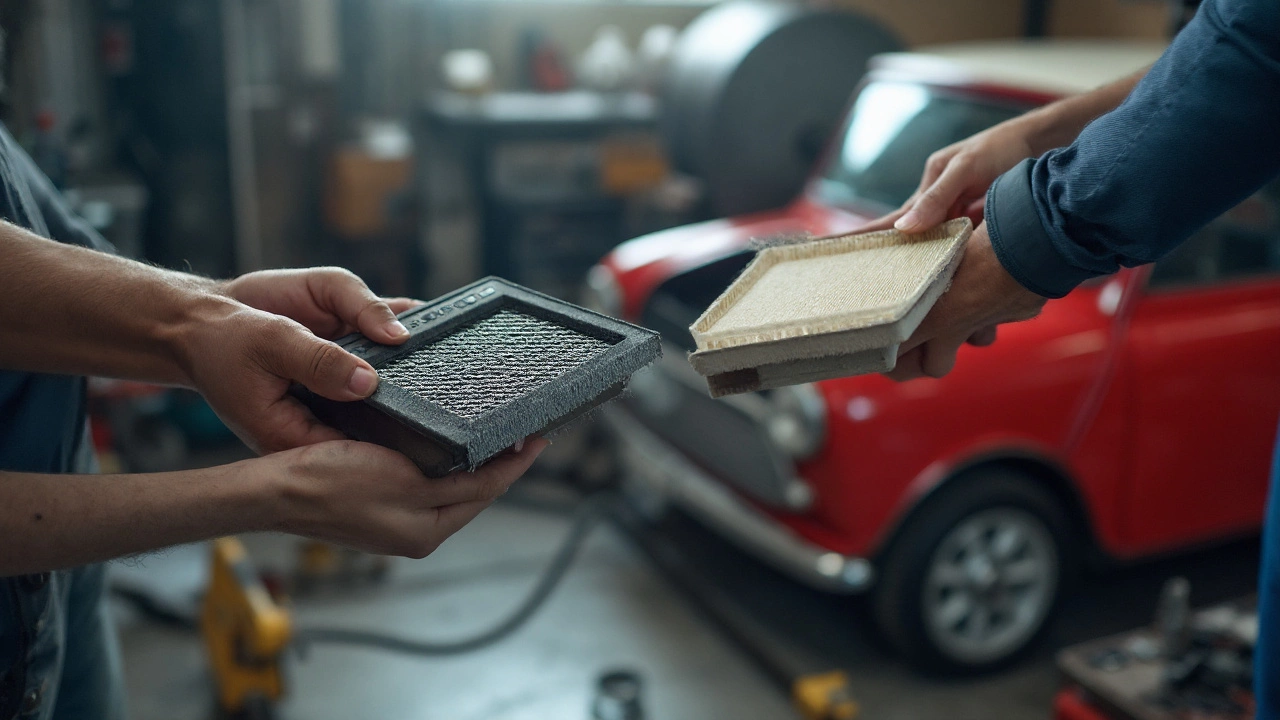 8 August 2025
8 August 2025
Are Expensive Air Filters Worth It? Comparing Air Filter Effectiveness
Wondering if pricier air filters actually keep your car safer or just empty your wallet? This article breaks down the facts, explains different types, and tells you what really works.
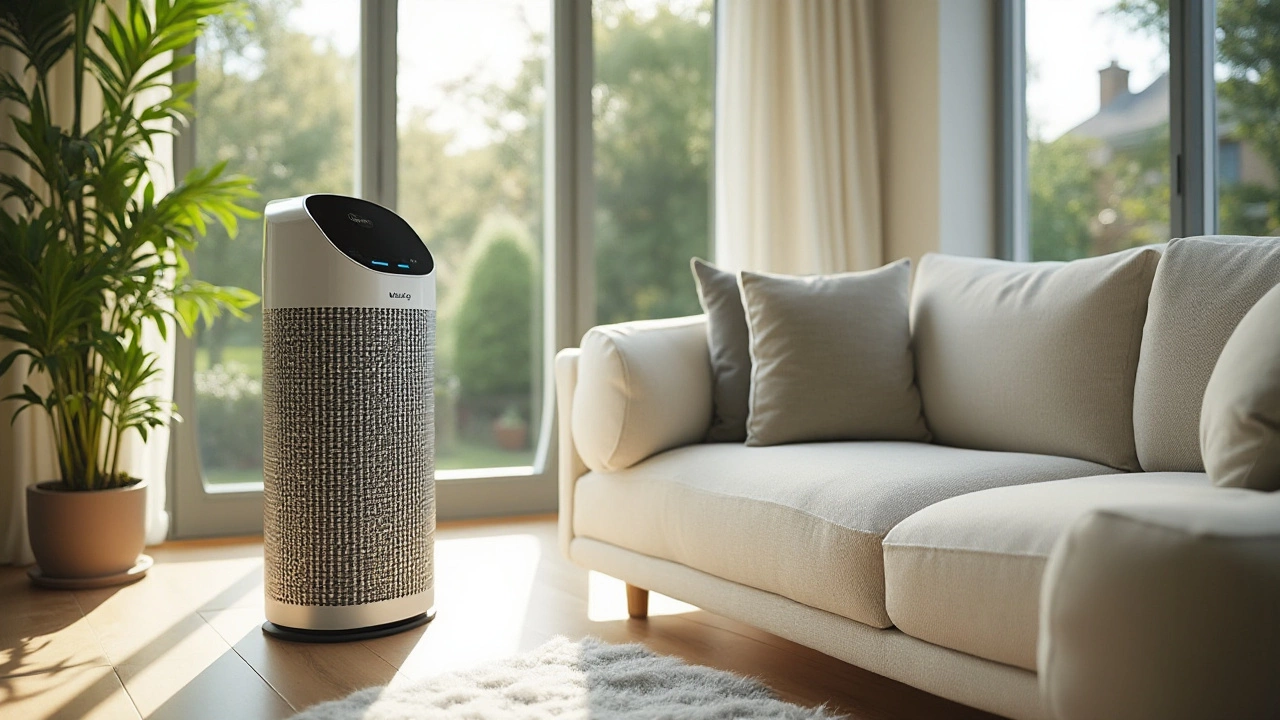 5 January 2025
5 January 2025
Do High-Cost Air Filters Actually Perform Better?
In the pursuit of cleaner indoor air, many consumers are faced with a choice: do they splurge on more expensive air filters, or are the cheaper options just as effective? This article explores whether high-priced air filters truly deliver superior performance, considering factors like filtration technology, lifespan, and maintenance requirements. It provides insights into the core differences between various types of air filters and discusses whether investing in pricier alternatives is necessary for improved indoor air quality. Readers will gain knowledge on what to look for based on their specific needs and how to make an informed decision.
Latest Posts
-
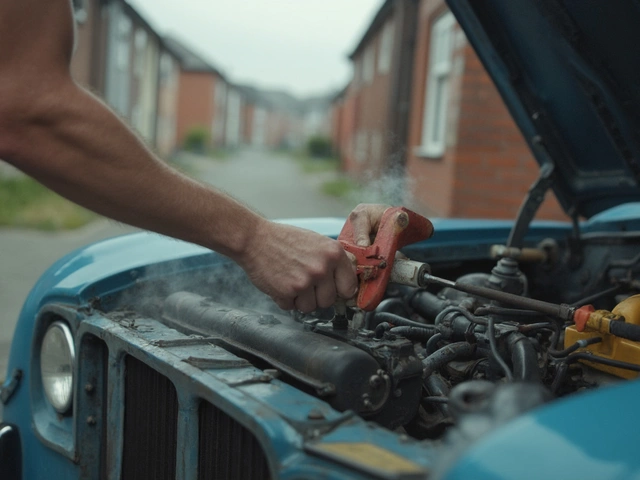
Can You Fix a Radiator Without Replacing It? Real Solutions for Car Troubles
-

Should I Drive with a Bad Fuel Pump? Risks, Signs, and What to Do Now
-
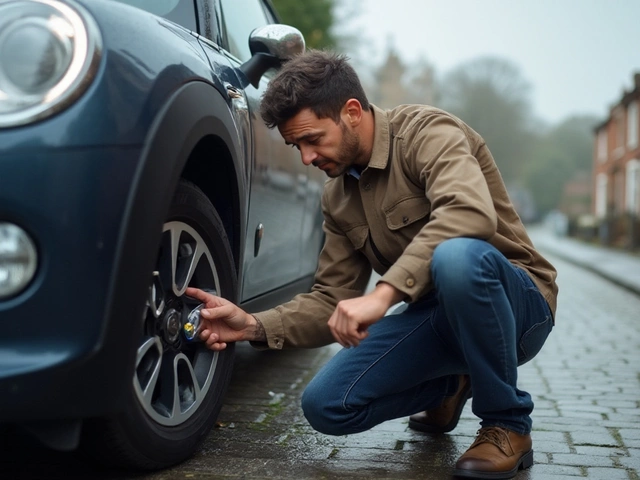
Identifying Bad Shock Absorber Noises in Your Vehicle
-
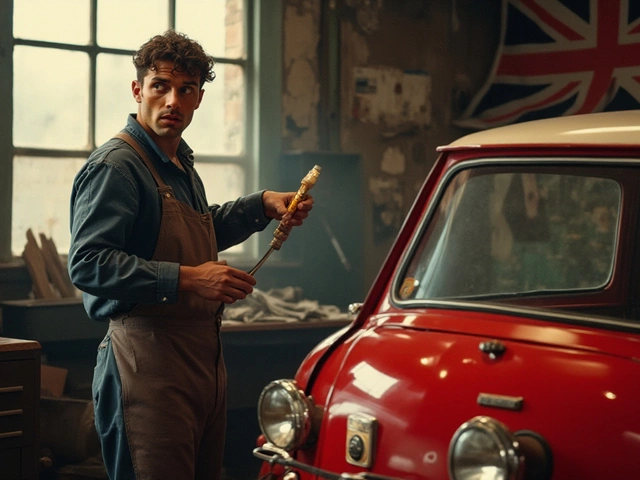
Engine Oil Balance: Too Much or Too Little - What's Best?
-
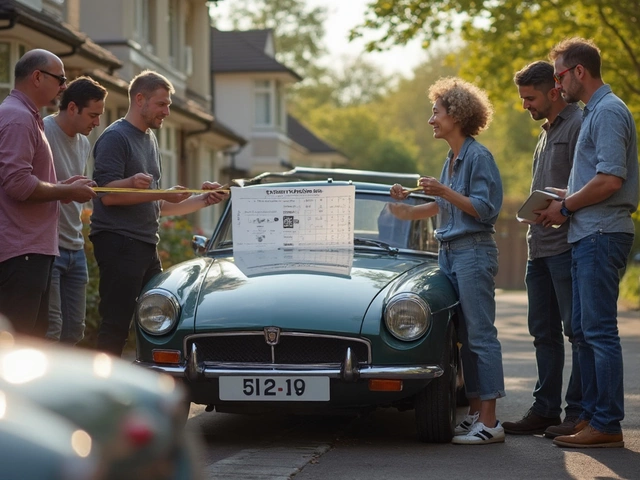
How Do I Know What Size Exhaust I Need? Straightforward Guide for Perfect Fit
Tags
- car maintenance
- engine oil
- spark plugs
- brake pads
- engine performance
- vehicle maintenance
- spark plug replacement
- windshield wipers
- fuel pump
- suspension parts
- clutch replacement
- oil change
- clutch kit
- car performance
- air filters
- car suspension
- car radiator
- exhaust systems
- engine misfire
- fuel pump failure

0